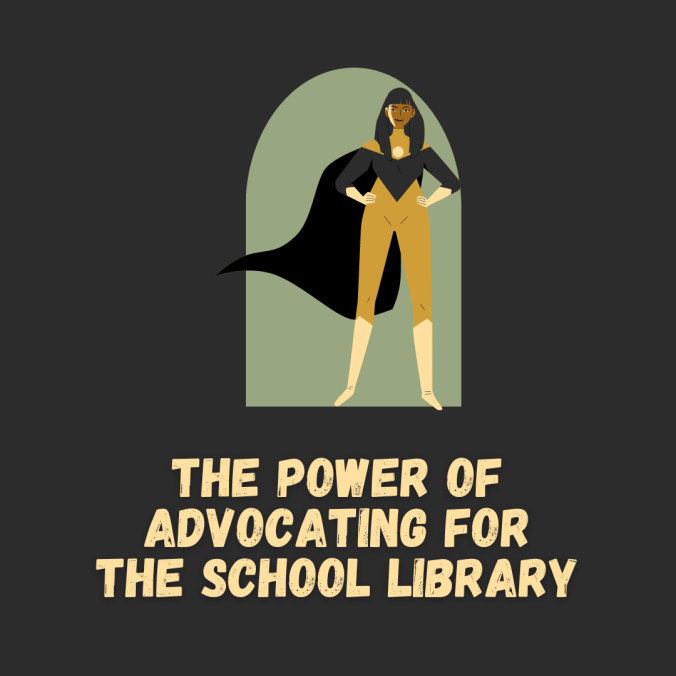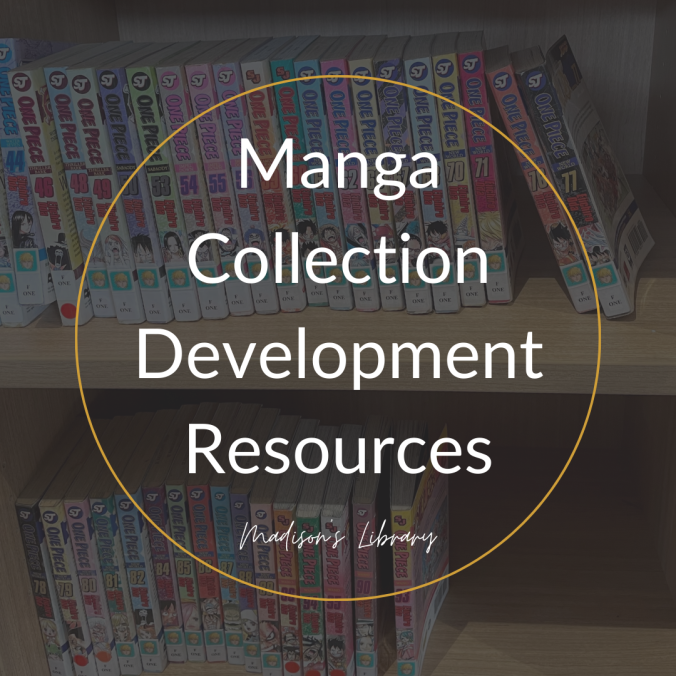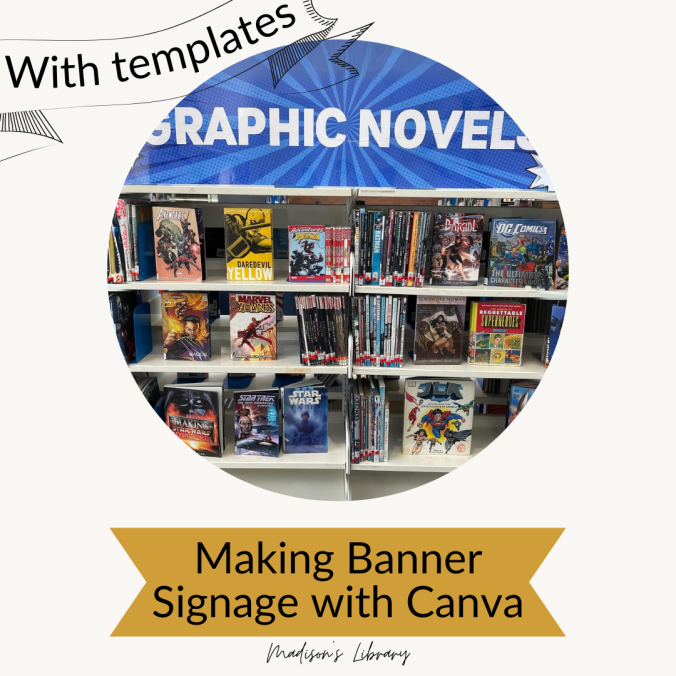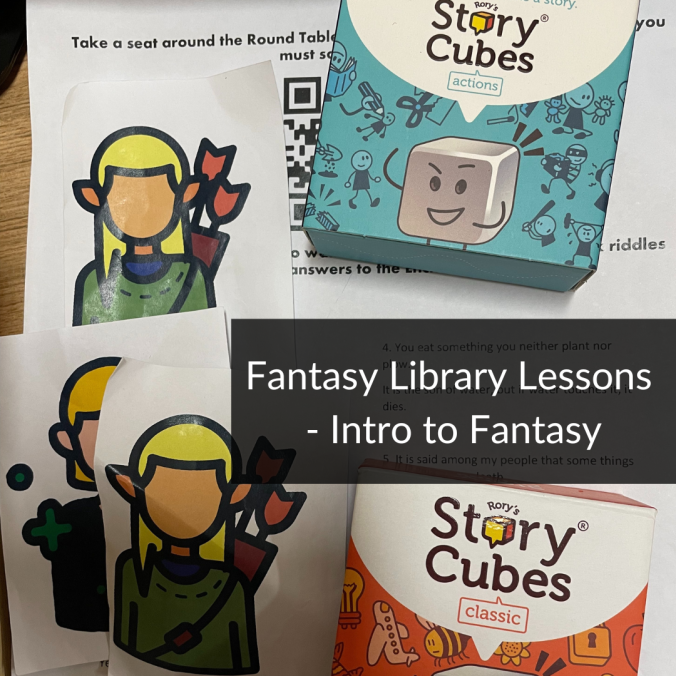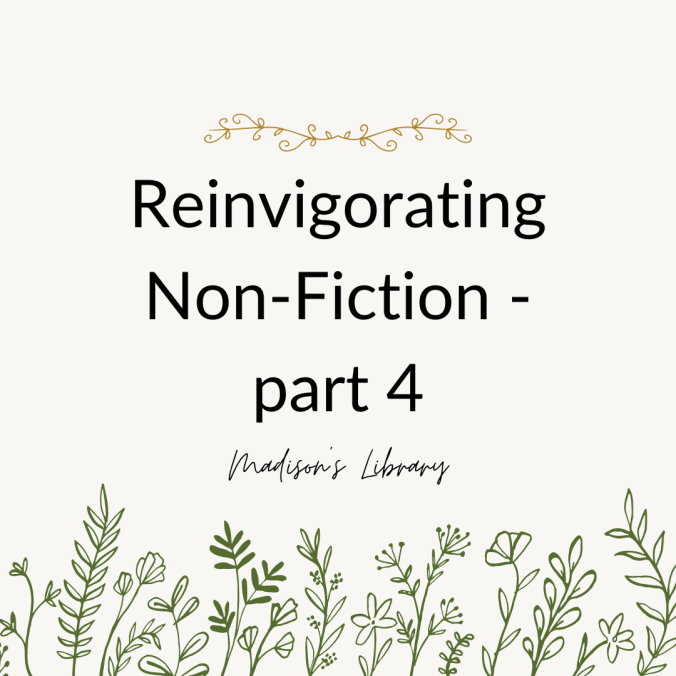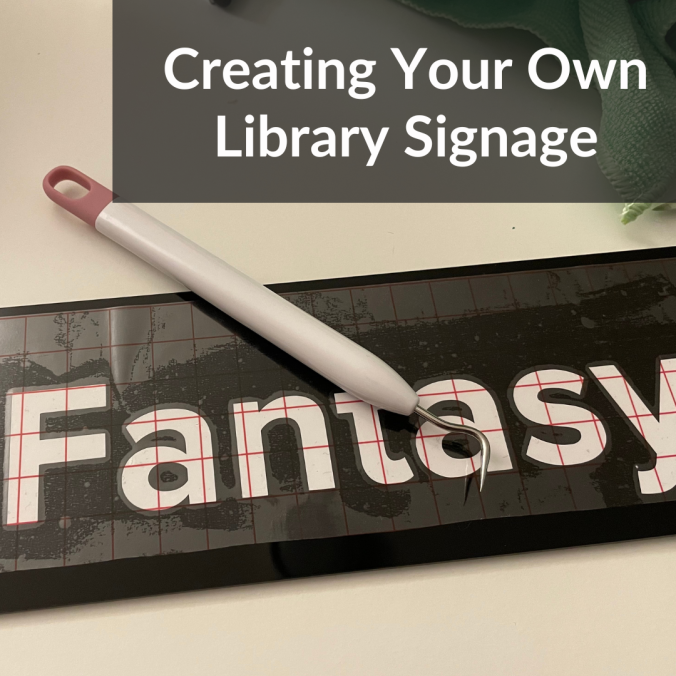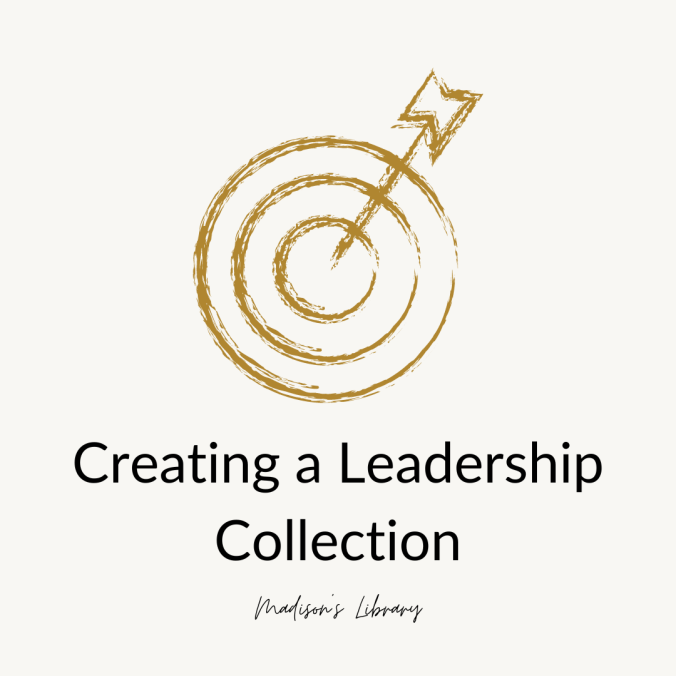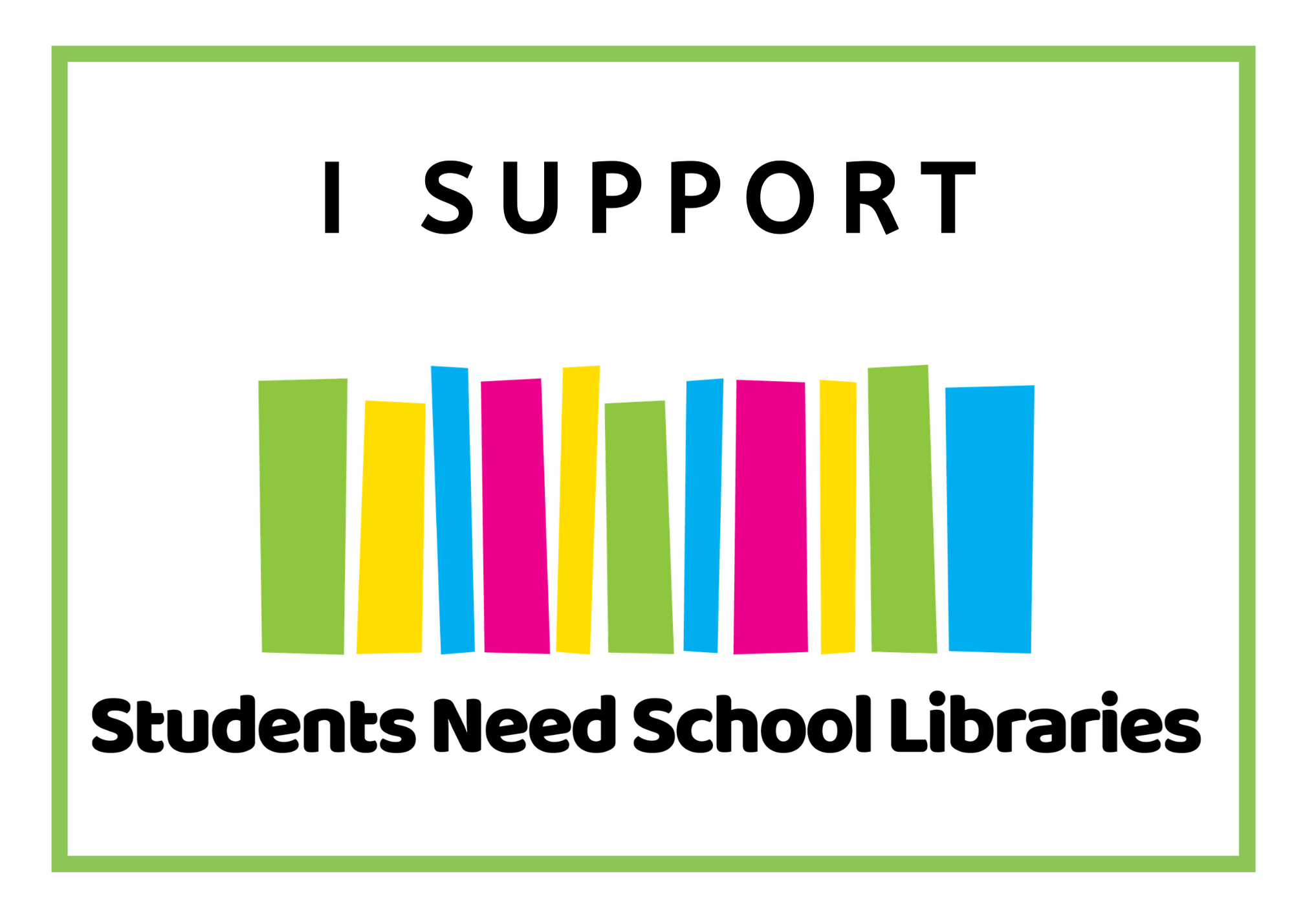It’s almost time for Book Week. The CBCA Book Week is one of the biggest events in the school library calendar. Book Week is a wonderful celebration of reading, Australian literature, school libraries and the people who bring books to children. Australian School Library Day sits in the middle of Book Week and is a great day to celebrate school libraries and how they help support students, reading and the Australian publishing industry.
The theme for Book Week 2024 is Reading is Magic and there is no shortage of ideas for displays, activities, events and ways to celebrate..

